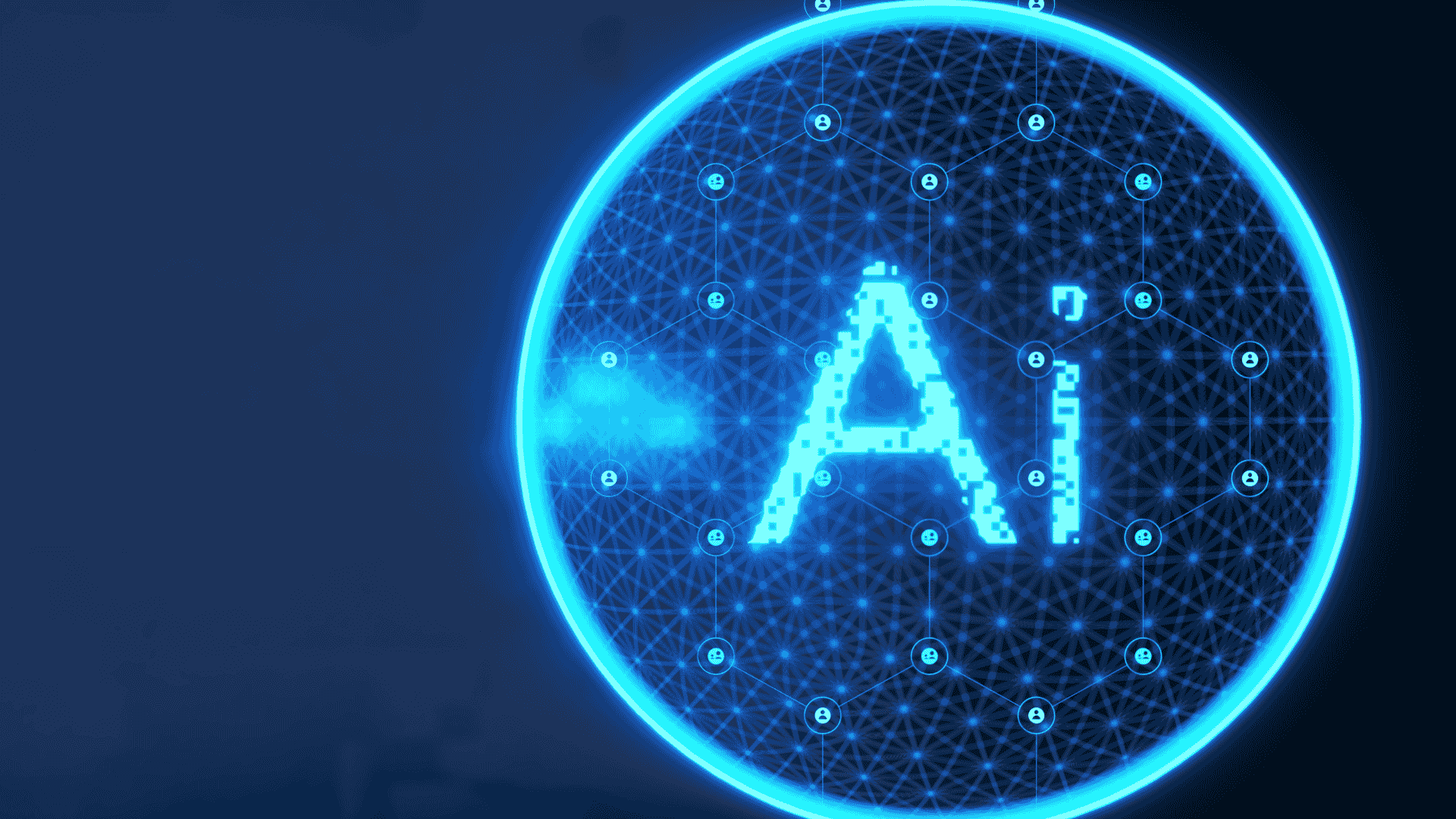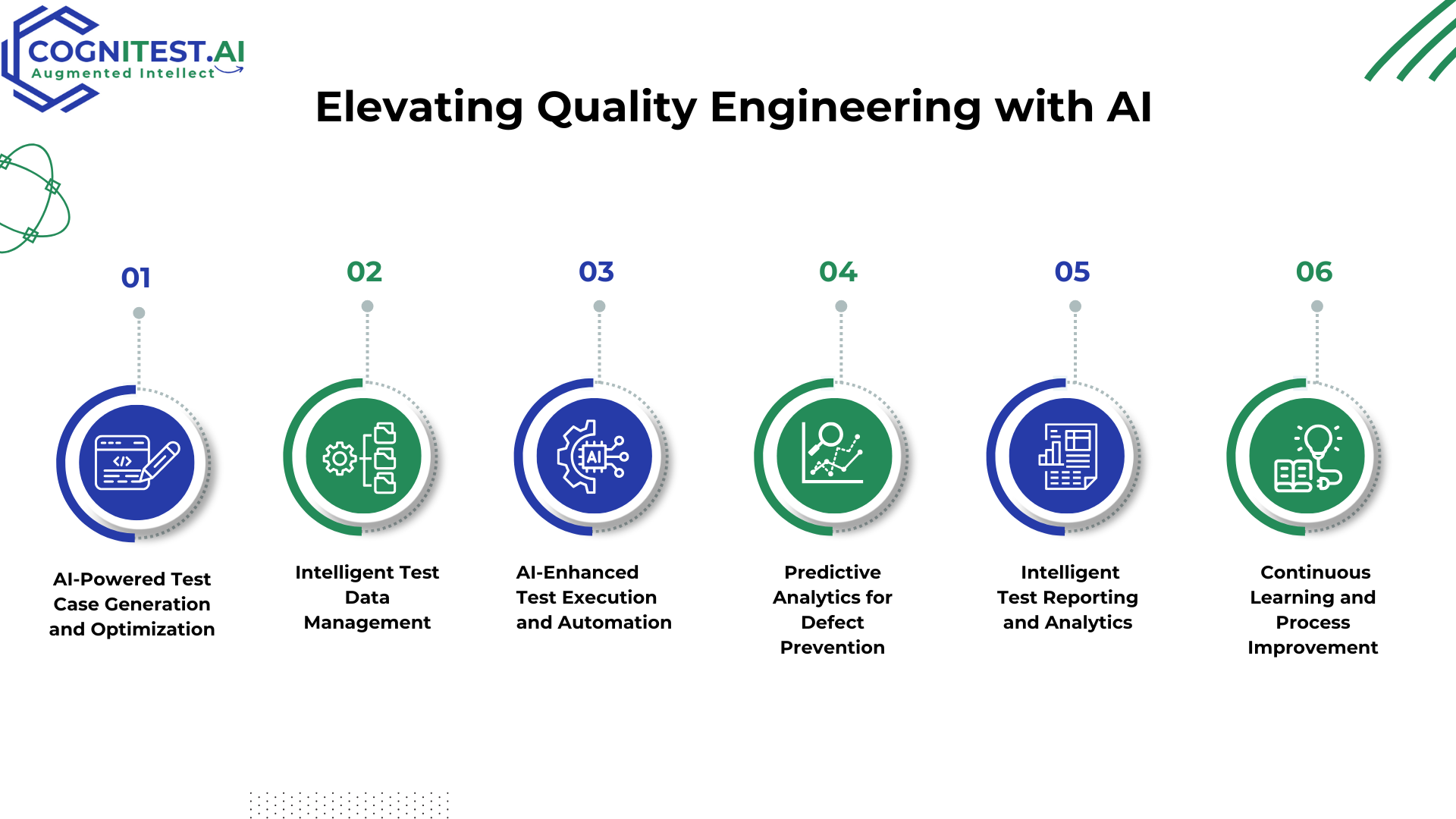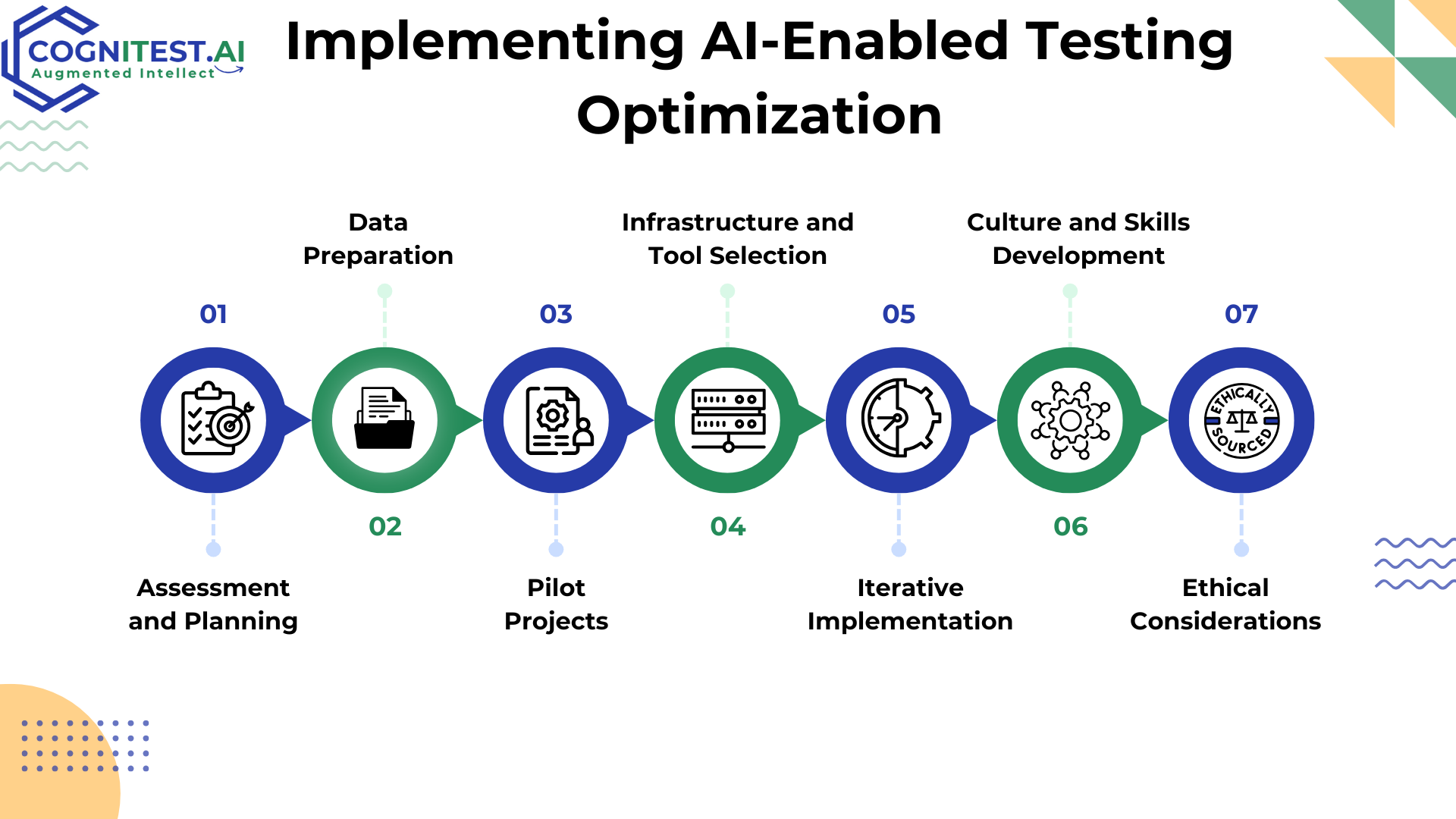
AI-Enabled Testing Optimization: Revolutionizing Quality Engineering Processes
_______ Sankar SanthanaramanAs the demand for faster delivery, increased complexity of systems, and the need for more comprehensive testing continues to grow, quality engineering faces many unprecedented challenges. Artificial Intelligence (AI) emerges as a game-changing solution to these challenges, offering the potential to dramatically enhance efficiency, effectiveness, and adaptability in our quality engineering processes. This blog post explores how we can leverage AI technologies to optimize testing and address the pressing challenges in modern quality engineering.
The Challenges in Modern Quality Engineering
Before diving into AI-enabled solutions, let's recap the key challenges facing quality engineering today:
- Underutilization of historical testing knowledge
- Suboptimal Agile testing experiences
- Increasing complexity of systems under test
- Demand for faster time-to-market
- Need for more comprehensive test coverage
- Resource constraints and skill gaps
- Difficulty in predicting and preventing defects
- Challenges in test data management
AI Technologies Transforming Quality Engineering
AI encompasses a broad range of technologies and approaches. In the context of testing optimization, we'll focus on these key AI technologies:
- Machine Learning (ML)
- Natural Language Processing (NLP)
- Computer Vision
- Deep Learning
- Robotic Process Automation (RPA)
Let's explore how these AI technologies can address our quality engineering challenges and optimize our testing processes.

1. AI-Powered Test Case Generation and Optimization
Challenge Addressed: Underutilization of historical testing knowledge, Suboptimal Agile testing experiences
AI Solution: Machine Learning algorithms can analyze historical test data, code changes, and defect patterns to automatically generate and prioritize test cases.
Implementation:
- Develop ML models trained on historical test execution data, defect reports, and code repositories.
- Use these models to predict which areas of the application are most likely to contain defects based on recent changes.
- Automatically generate test cases focusing on high-risk areas.
- Continuously optimize test suites by identifying redundant or low-value tests.
Benefits:
- More efficient use of testing resources
- Improved test coverage
- Faster adaptation to changes in the codebase
- Reduction in manual effort for test case creation and maintenance
2. Intelligent Test Data Management
Challenge Addressed: Need for more comprehensive test coverage, Challenges in test data management
AI Solution: AI can help in generating, managing, and anonymizing test data, ensuring comprehensive coverage while maintaining data privacy.
Implementation:
- Use ML algorithms to analyze production data patterns and generate synthetic test data that mirrors real-world scenarios.
- Implement NLP techniques to automatically anonymize sensitive information in test data.
- Develop AI models to identify edge cases and generate test data for these scenarios.
Benefits:
- More realistic and comprehensive test data
- Reduced risk of data privacy violations
- Improved coverage of edge cases and rare scenarios
- Faster generation of large volumes of test data
3. AI-Enhanced Test Execution and Automation
Challenge Addressed: Demand for faster time-to-market, Resource constraints and skill gaps
AI Solution: AI can augment existing test automation frameworks, making them more robust and adaptive.
Implementation:
- Implement self-healing test scripts using ML algorithms that can adapt to minor UI changes.
- Use computer vision and NLP to create more resilient UI test automation that can understand and interact with interfaces more like a human would.
- Develop AI-powered bots that can execute exploratory testing, learning and adapting their testing strategies based on application behavior.
Benefits:
- Reduced test maintenance effort
- More stable and reliable automated tests
- Improved test coverage through AI-driven exploratory testing
- Faster execution of test suites
4. Predictive Analytics for Defect Prevention
Challenge Addressed: Difficulty in predicting and preventing defects, Increasing complexity of systems under test
AI Solution: ML models can analyze historical data to predict potential defects and identify areas of the application that are most likely to contain bugs.
Implementation:
- Develop predictive models using ML algorithms (e.g., random forests, neural networks) trained on historical defect data, code metrics, and development process information.
- Integrate these models into the development pipeline to provide real-time risk assessments as code changes are made.
- Use NLP to analyze user stories and requirements, flagging potential ambiguities or inconsistencies that could lead to defects.
Benefits:
- Proactive defect prevention
- More efficient allocation of testing resources
- Improved software quality from the early stages of development
- Reduced cost of fixing defects by catching them earlier
5. Intelligent Test Reporting and Analytics
Challenge Addressed: Suboptimal Agile testing experiences, Increasing complexity of systems under test
AI Solution: AI can help in analyzing test results, identifying patterns, and providing actionable insights.
Implementation:
- Use ML algorithms to analyze test execution data and identify patterns in failures.
- Implement NLP to process and summarize test logs, extracting key information.
- Develop AI-powered dashboards that can provide real-time insights and predictions about test progress and application quality.
Benefits:
- Faster identification of critical issues
- More informed decision-making in the testing process
- Improved communication between testing teams and other stakeholders
- Enhanced visibility into the quality of the application throughout the development lifecycle
6. Continuous Learning and Process Improvement
Challenge Addressed: Underutilization of historical testing knowledge, Resource constraints and skill gaps
AI Solution: AI systems can continuously learn from ongoing testing activities, suggesting process improvements and sharing knowledge across the organization.
Implementation:
- Develop AI-powered knowledge management systems that can capture, organize, and disseminate testing insights and best practices.
- Implement reinforcement learning algorithms that can optimize testing processes based on outcomes and feedback.
- Create AI tutors that can provide personalized training and guidance to testing team members.
Benefits:
- Continuous improvement of testing processes
- More effective knowledge sharing across the organization
- Reduced learning curve for new team members
- Improved overall quality of testing practices
Implementing AI-Enabled Testing Optimization: A Roadmap
While the potential of AI in testing optimization is immense, implementation requires a strategic approach. Here's a roadmap to guide your journey:

- Assessment and Planning:
- Evaluate your current testing processes and identify key pain points.
- Define clear objectives for AI implementation in your testing processes.
- Conduct a skills gap analysis and plan for necessary training or hiring.
- Data Preparation:
- Audit your existing test data, execution logs, and defect reports.
- Implement data collection mechanisms to gather high-quality training data for AI models.
- Ensure data privacy and security measures are in place.
- Pilot Projects:
- Start with small, focused AI implementations to prove value and gain team buy-in.
- Choose projects that can demonstrate quick wins, such as test case prioritization or defect prediction.
- Infrastructure and Tool Selection:
- Evaluate and select AI platforms and tools that integrate well with your existing testing infrastructure.
- Consider cloud-based solutions for scalability and flexibility.
- Iterative Implementation:
- Gradually expand AI implementation across different testing areas.
- Continuously monitor and measure the impact of AI on your testing processes.
- Refine and retrain AI models based on feedback and new data.
- Culture and Skills Development:
- Foster a culture of innovation and continuous learning within your testing team.
- Provide training on AI concepts and tools to empower your team to work effectively with AI systems.
- Ethical Considerations:
- Develop guidelines for ethical AI use in testing, addressing issues like bias and transparency.
- Regularly audit AI systems to ensure they're operating fairly and effectively.
Challenges and Considerations
While AI offers tremendous potential in testing optimization, it’s important to be aware of potential challenges:
- Data Quality: The effectiveness of AI models heavily depends on the quality and quantity of training data.
- Explainability: Some AI models, particularly deep learning models, can be black boxes, making it difficult to explain their decisions.
- Over-reliance on AI: It's crucial to maintain human oversight and not completely replace human judgment with AI.
- Integration Complexity: Integrating AI into existing testing processes and tools can be complex and time-consuming.
- Skill Gap: There may be a lack of expertise in AI within testing teams, requiring significant upskilling or new hires.
Conclusion: Embracing the AI-Powered Future of Testing
AI-enabled testing optimization represents a paradigm shift in quality engineering. By leveraging AI technologies, we can address the pressing challenges of modern software development, enhancing efficiency, effectiveness, and adaptability in our testing processes.
The journey to AI-powered testing is not without its challenges, but the potential rewards are immense. As we continue to push the boundaries of what’s possible in software testing, AI will play an increasingly central role in ensuring the quality, reliability, and performance of the systems we build.
Embracing AI in testing is not just about adopting new tools or technologies; it’s about reimagining the entire approach to quality assurance. It’s about creating intelligent, adaptive testing processes that can keep pace with the rapid evolution of software development.
As we look to the future, one thing is clear: AI-enabled testing optimization is not just a trend—it’s the new frontier in quality engineering. Organizations that successfully harness the power of AI in their testing processes will be well-positioned to deliver higher-quality software, faster and more efficiently than ever before.
.png)